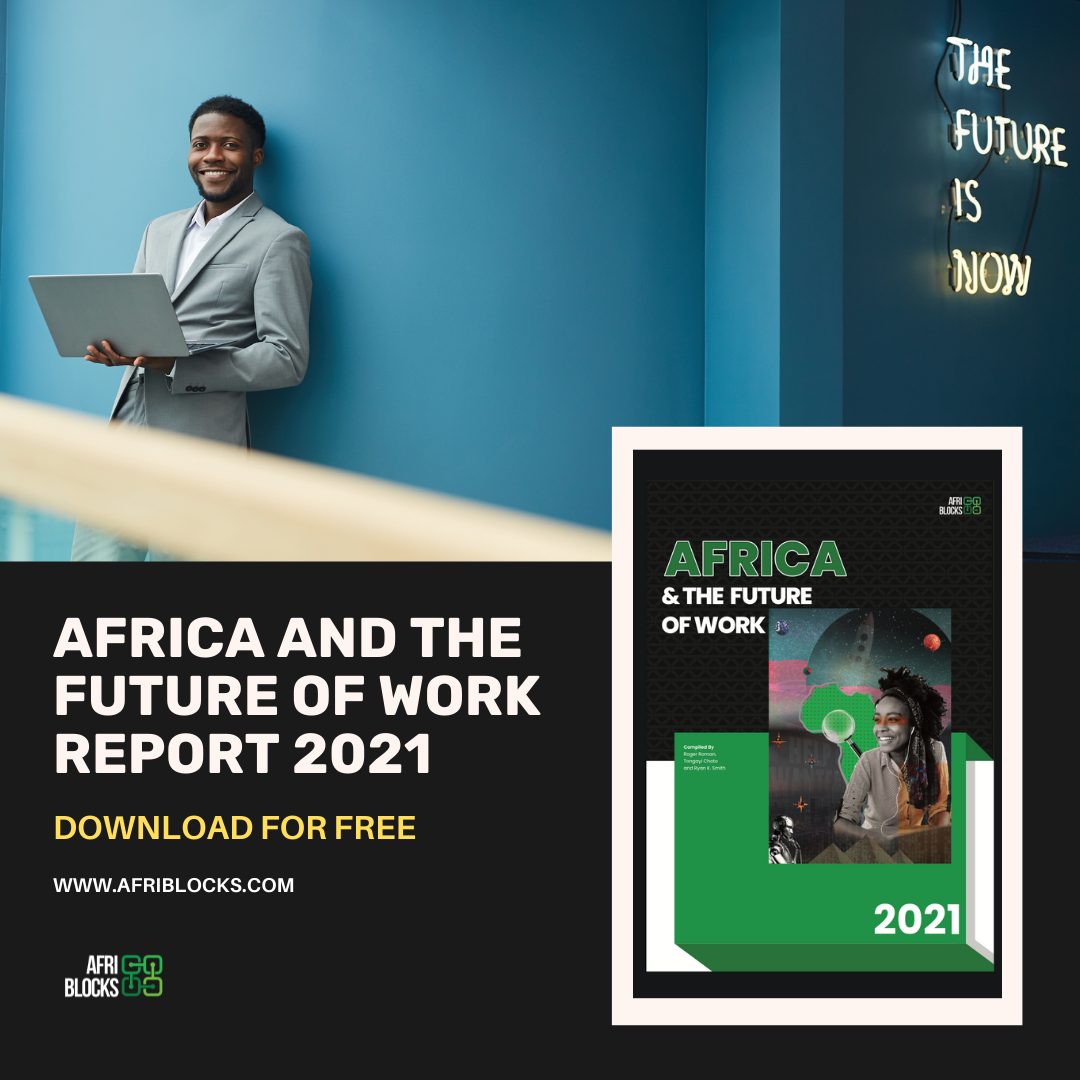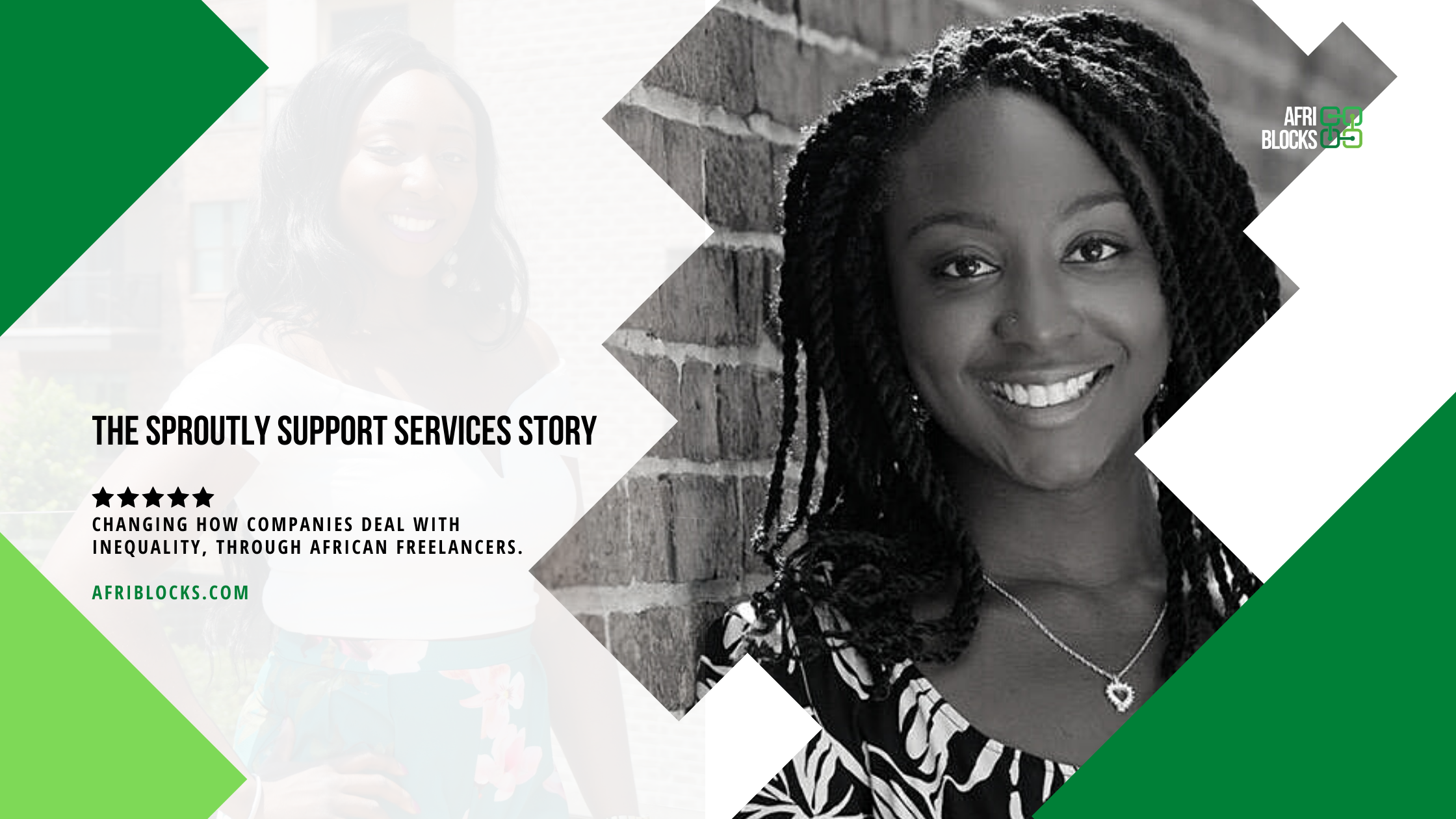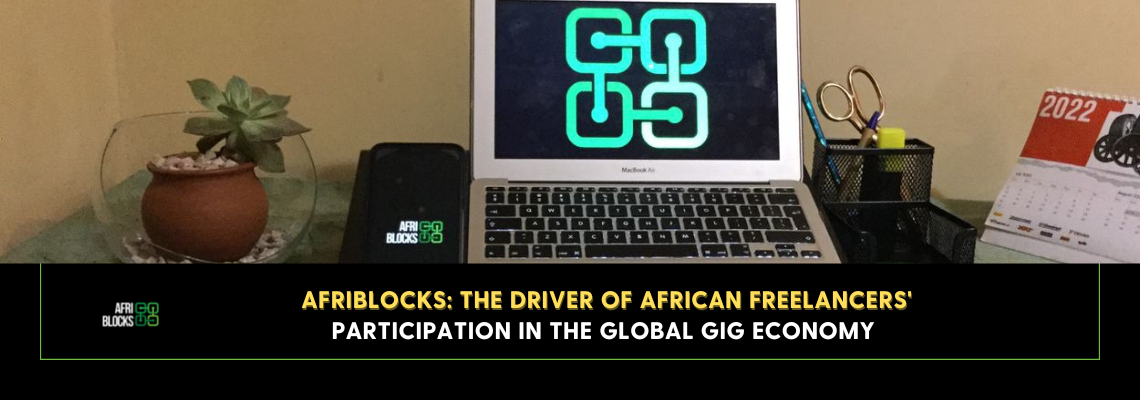
AfriBlocks Network
Factors Driving The Growth of Freelancing in Africa
Freelancing is a growing trend across the world, and Africa is no exception to this. Currently, it is reported that Africa carries just over 10% of the world’s freelancers. These numbers are expected to grow in the future as more professionals transition to being freelancers to supplement their income or as a free-standing career path.
When we look at the increase in the number of freelancers on the continent, there are clear reasons why this is happening. While there is a wide range of factors driving the growth of freelancing in Africa, we will take a look at a few of the ones that we think are most important for talent on the continent to know.
Africa as a market from which professionals can be sourced
There is a global trend where companies, co-operations, and even governments view Africa as a viable source of talent across various industries. Health professionals on the continent are a good example of this, with several countries on the continent experiencing the movement of health workers to European countries especially. There are a number of factors influencing this but Africa being a growing source of talent is one of them.
The same principles apply to freelance talent. There is a growing demand for African freelancers that is driven by the continent having a younger population than every other continent. A study by Payoneer revealed that younger age groups make up the majority of freelancers in Africa. Most of the freelancers on the continent are between the ages of 25-34, with the age group 19-24 close behind.
Pandemic affected job markets
The continent has produced millions of graduates over the last few years, graduates that entered a pandemic-affected job market. This drove several towards freelancing, a career path they now view as viable in the long term. While this may not be unique to Africa, it has influenced more growth in the African freelance market due to the availability of better-paying opportunities in the freelance market in comparison to offers in the traditional job markets.
On average, African freelancers earn $22 per hour, a figure that is higher than the average hourly income in most African countries. The covid-19 pandemic affected the job markets further and led to a decrease in opportunities available. The cost of living has gone up while income has stagnated, forcing professionals to move into freelancing for better income while other professionals seek to supplement their income.
Freedom of working conditions
Younger generations are demanding more agency over their time, and freelancing gives them the ability to have some control over what they do with that time. People are also placing more importance on their mental health, and the environments we work in play a huge part in the state of our mental health. Many professionals view freelancing as a gateway towards attaining more agency over how they utilize their time.
There is a growing view of freelancing as an avenue to aid career progression as you can pick and choose projects to work on, in line with your career goals. More freelancers are applying for projects that they consider to be openings in career fields they desire to move into full-time later in their careers. Such a move gives one access to resources and experience that they would otherwise struggle to get.
The development of Afrocentric freelance marketplaces
Online marketplaces are the biggest source of freelance work. However, most of the traditional freelance marketplaces do not serve African freelancers well as they were built with other markets in mind. This meant that for the longest time, African freelancers could not fully engage in the freelance market as access was limited, largely by payment systems that could not reach them.
The development of marketplaces such as AfriBlocks (allow us to toot our own horn) has opened up freelancing to more Africans. Accessibility to the market has been improved and solutions that have African freelancers are continually being developed. As it becomes easier for freelancers to find projects and receive their payments, interest continues to grow and we can expect the number of African freelancers to go up.
African freelancers have better infrastructure and opportunities, and this is expected to influence further growth in the number of freelancers on the continent. As demand for African talent continues to rise, there is room for more freelance talent to enter the fray. We can expect a steady rise in the number of available African freelancers over the next few years at least.
Do you want to hire African talent? Are you a professional looking to become a freelancer? Visit https://afriblocks.com/ and we will get you started on that journey.










